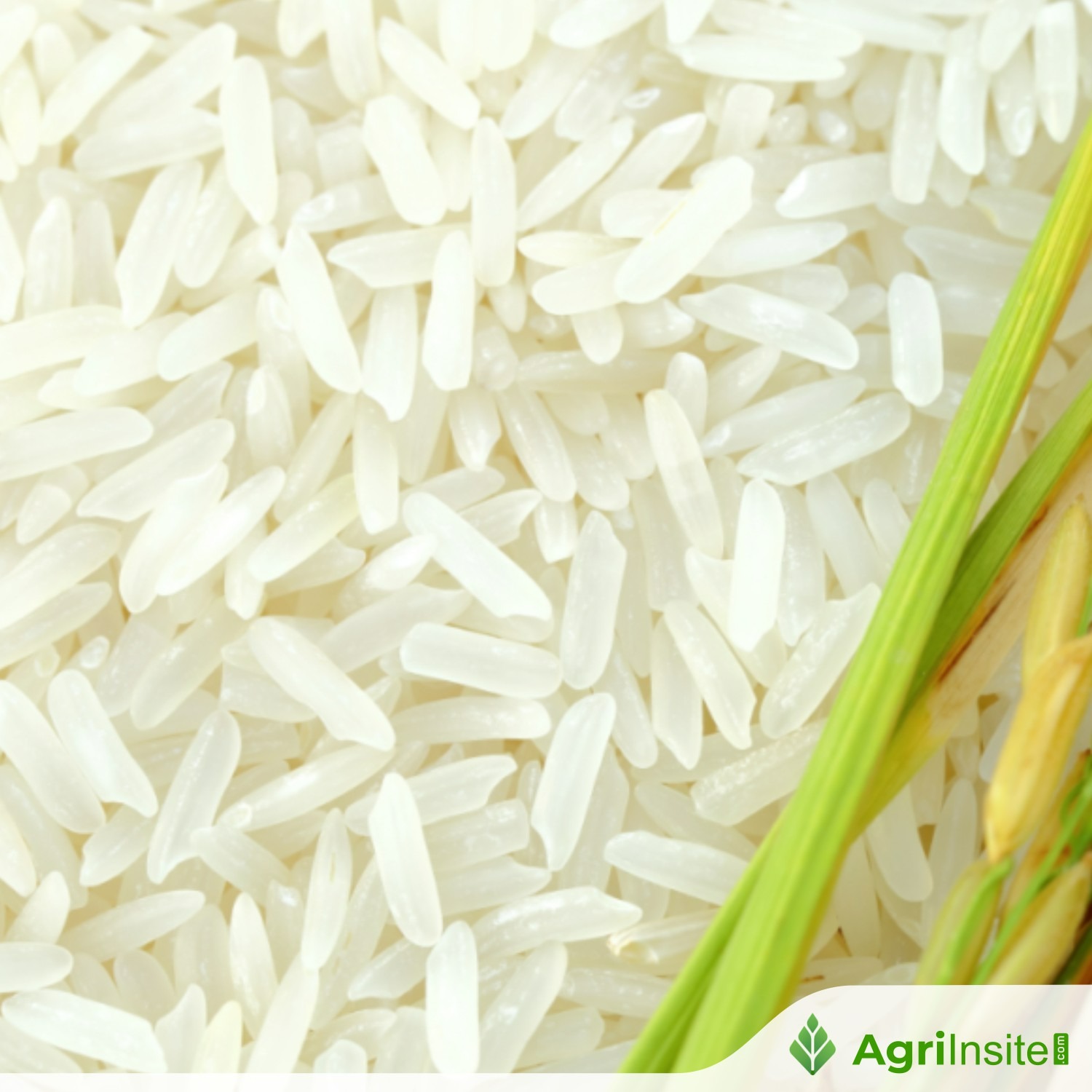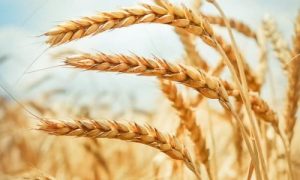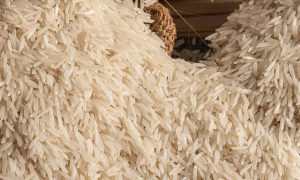Kenya turns to India for rice imports as farmers decry unsold harvests

Kenya will import 500,000 tonnes of duty-free rice by December to ease prices, mainly from India and Pakistan. Farmers oppose the plan, citing unsold stocks and fearing price collapse. Officials argue imports are essential for food security, but critics warn of politically driven licences and urge investment in local production.
Kenya has announced plans to import half a million tonnes of rice duty-free, mostly from India and Pakistan, to address what it calls an imminent shortage. But the decision has sparked outrage among local farmers, who insist they are already sitting on unsold stocks from recent good harvests and warn that cheap imports will devastate their livelihoods.
In a gazette notice dated July 28, 2025, National Treasury Cabinet Secretary John Mbadi authorised the duty-free importation of 500,000 metric tonnes of Grade 1 milled white rice by December 31, 2025. The move, recommended by the Ministry of Agriculture, is intended to ease prices and guarantee food security in a country where demand is projected to reach 1.5 million tonnes this year. Rice, alongside wheat, is Kenya’s second most important staple food after maize.
Kenya currently produces only around 260,000 tonnes annually – about 20 per cent of its needs – with the balance imported, mainly from India and Pakistan. Consumption is rising rapidly, with per capita intake expected to hit 29 kilogrammes in 2025. With a population of 55 million, the government estimates the monthly requirement at 125,000 tonnes.
Farmers fear collapse in prices
Despite the deficit, rice farmers in Kenya’s main growing regions have reacted angrily. They argue that the government’s estimate of shortages is inflated and that the 500,000-tonne import quota far exceeds what is necessary. Many point to unsold paddy rice stored in granaries and silos, claiming that the imports will force down farm-gate prices.
“With such a huge amount of rice being imported when we have had relatively good harvests, smallholder farmers will be left with depressed prices and unsold stocks,” said James Maina, a farmer interviewed by local media. “Only well-connected cartels who get these duty-free licences will benefit, just as they have with maize and wheat.”
Some farmers have already taken the matter to court. One petitioner, Alex Musyoki, argues that the government’s justification for the imports is misleading and unconstitutional. In his filing, he claims that the decision ignored available local stocks and was made without adequate public consultation. He estimates that farmers already lose up to 40 per cent of their harvest post-harvest, losses that would worsen if the market is flooded with imports.
“Paddy rice from multiple harvests in recent harvests remains unsold in granaries and private silos. Allowing importation of such a huge haul will destabilise prices for the commodity and severely hurt thousands of hardworking farmers and their dependents across rice-producing regions in Kenya,” Musyoki said.
Government insists imports are essential
Agriculture and Livestock Development Cabinet Secretary Mutahi Kagwe has defended the decision, warning that blocking imports would send prices soaring and deepen the cost-of-living crisis. He claimed that rice demand for institutions such as schools, the police, the army and social protection programmes far outstrips what farmers can supply.
“We have always imported rice – an average of 700,000 tonnes annually over the last three years,” Kagwe said. “Local production only accounts for 20 per cent of demand. Plans are already in place to protect farmers, with the Kenya National Trading Corporation signing contracts with cooperatives to purchase local stocks for government supply.”
Kagwe insisted the government does not intend to undermine local production, but said food security required a balance between imports and domestic output.
Experts warn of ‘artificial shortage’
Critics, however, say the shortage narrative is being manipulated to benefit politically connected importers. Public policy expert Anthony Mwangi and former chief executive of Kenya Association of Manufacturers argues that unlike maize and wheat, rice imports face few restrictions, leaving farmers vulnerable to market flooding.
“This double standard exposes rice farmers,” Mwangi said. “Duty-free import licences are often awarded to unscrupulous traders who profit from tax waivers, while genuine farmers struggle with outdated milling equipment, poor storage and lack of investment.”
Mwangi urged the government to invest in long-term measures such as modern milling facilities, better farmer cooperatives and the distribution of new high-yielding and drought-resistant rice varieties. “Imports may offer a quick fix, but they are unsustainable. Boosting local production is the only way to cut the deficit,” he said.
Kenya’s reliance on imports to cover its rice deficit has persisted for years, with climate-related shocks compounding the problem. While the government frames the current import plan as a temporary measure to ensure affordable supplies, farmers insist that flooding the market with duty-free rice risks discouraging local production altogether.
To Read more about Rice News continue reading Agriinsite.com
Source : Down to Earth














